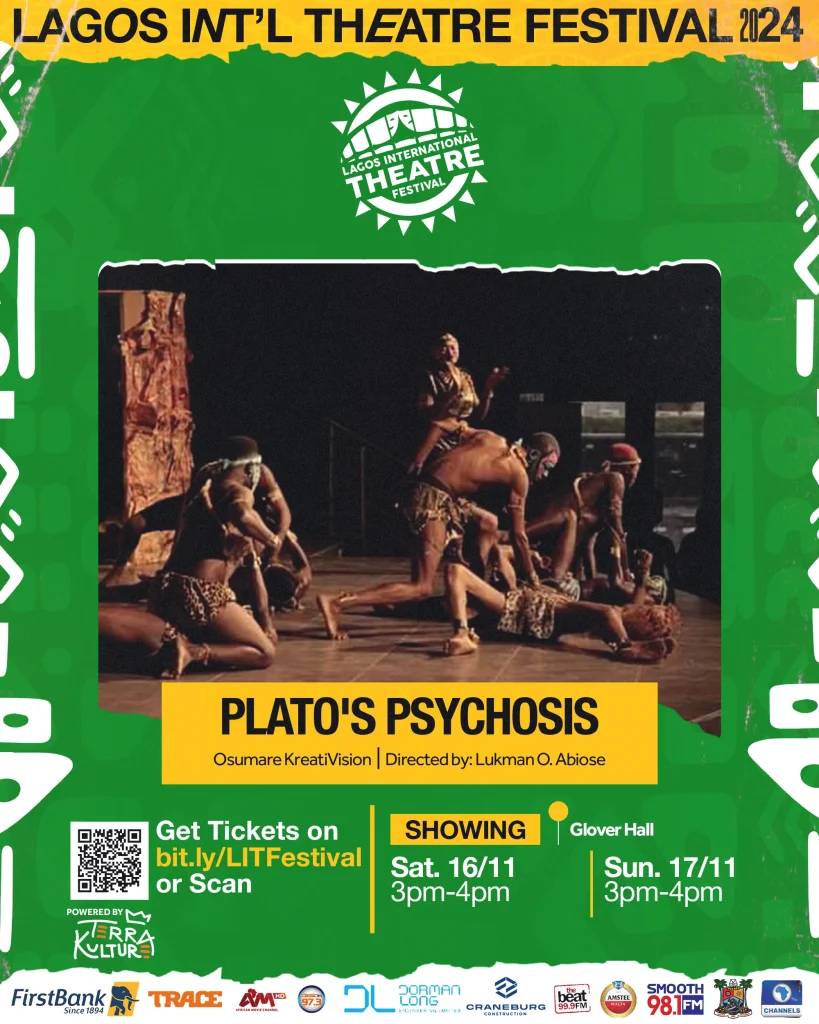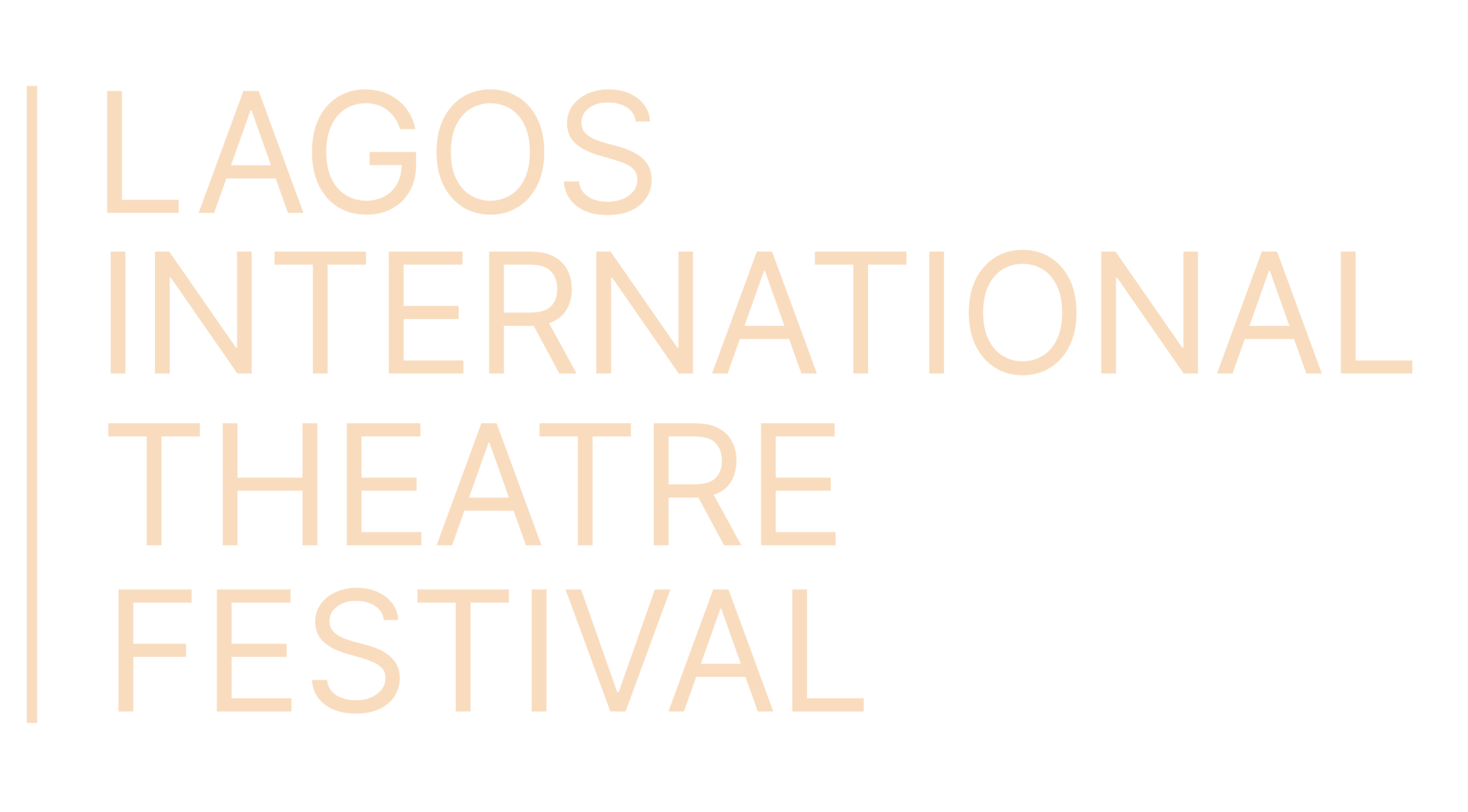
SATURDAY & Sunday NOVEMBER 2024
The story of "PLATO'S PSYCHOSIS"
In this electrifying drama, the father of Western philosophy, Plato (Europe), is confronted by his darkest demons. On his birthday, a group of daring artists from across the globe, driven by a divine call, infiltrate his confines, shattering the cobwebs of his restrictive ideologies.
Mamazulu Osofolayimika of Africa, channeling the spirits of Wole Soyinka and Zulu Sofola as well as Mama being a universal African word and Zulu of South Africa, unleashes powerful spoken words.
Monirshirin Habibi (Middle East), inspired by the works of Shirin Neshat and Monir Farmanfarmaian, creates provocative installations.
Marthadora Duncan (America), embodying Isadora Duncan and Martha Graham, performs mesmerizing dances.
Mandarinvani Lata-Teng (Asia), blending the legacies of Chinese’s Teresa Teng and Indian’s Lata Mangeshkar, weaves haunting melodies.
Gen Zers (5 acrobatic kid dancers, namely; Facebooker, Instagrammer, YouTuber, Tiktoker and Tweeter) join forces, fusing their dynamic energy with the artists’ revolutionary performance. Aristotle’s Poetics ignites a spark, challenging Plato’s philosophical superiority.
Torn between his ego and the truth, Plato’s inner turmoil intensifies. Art therapy unleashes a transformative journey, forcing him to confront his emotions, biases, and jealousy. He took the fight from mental to fierce physical combat with the artists.
Will Plato surrender to the artists’ crusade, acknowledging art’s supremacy? Or will his psychosis consume him?
“PLATO’S PSYCHOSIS” is a gripping exploration of art vs. philosophy, emotional expression, and the healing power of creativity. This thought-provoking production daringly reimagines the ancient Greek philosopher’s inner struggle, blurring the lines between reality and madness.
Join the global revolution. Witness the transformation. Experience the psychosis.
Genre: Psychological Drama
Dates:
Saturday 16th November 2024 (03:00pm-04:00pm)
Sunday 17th November 2024 (03:00pm-04:00pm)
- Production House: Osumare KreatiVision
- Director: Lukman O. Abiose
- Duration: 75 minutes
- Location: Glover Hall
- Regular : N10,000
- VIP : N25,000
- VVIP : N45,000
Our Official Partners





